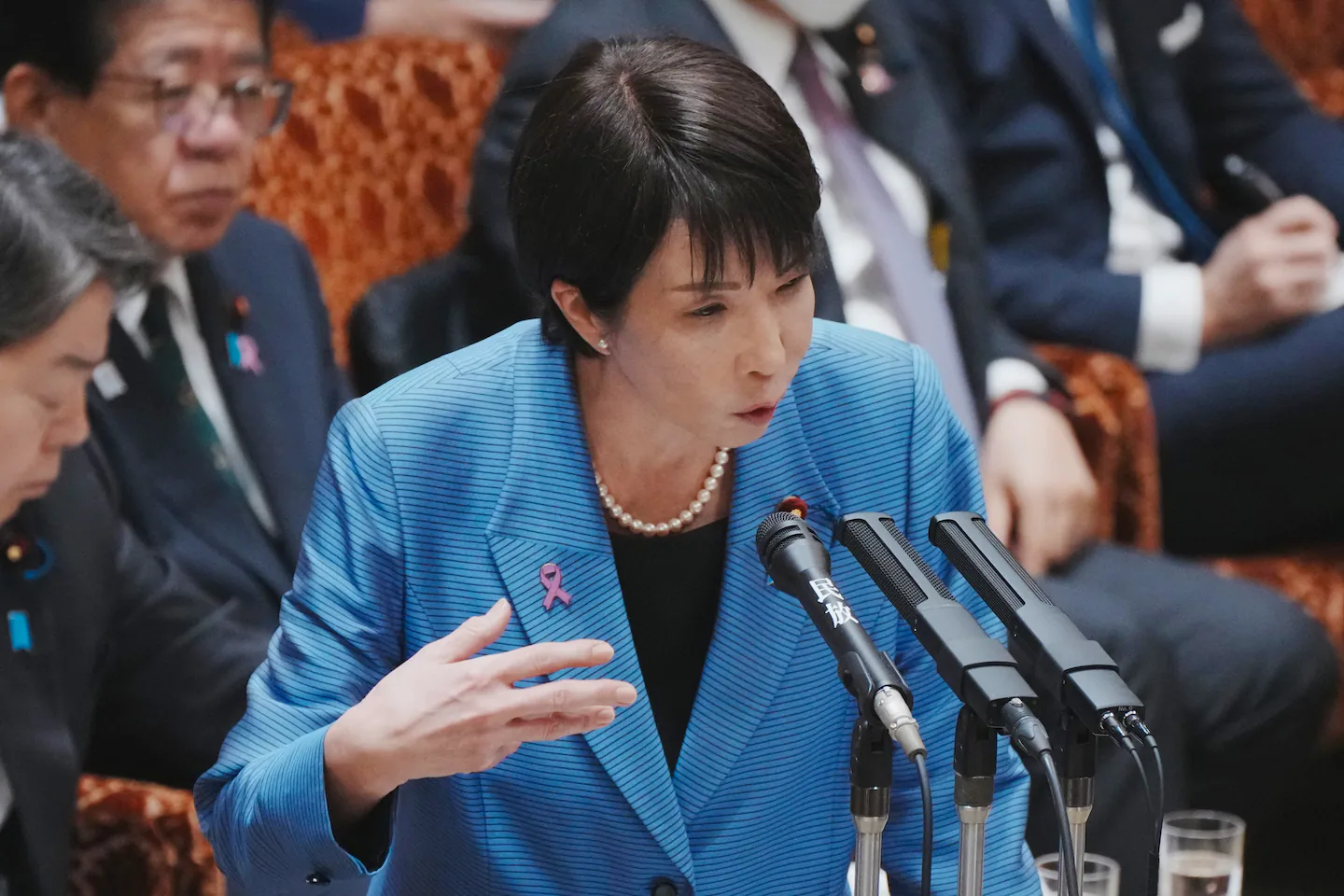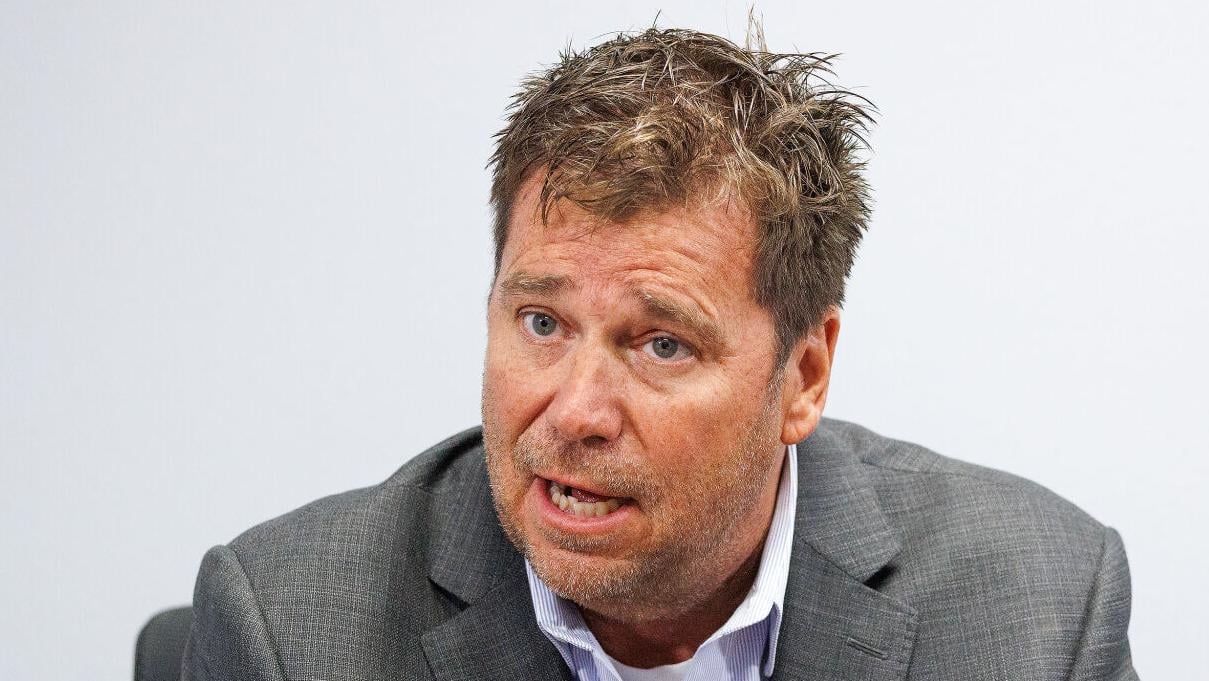Copyright The Boston Globe

Some argue that the meeting, which involved several aides and lasted about three hours, would feed into unhealthy extremes. Others said that Takaichi was placing unnecessary burdens on her staff. Yoshihiko Noda, a former prime minister who leads the main opposition party, called Takaichi’s decision to hold the meeting “crazy.” When he was Japan’s leader from 2011 to 2012, he would start work around 6 a.m. or 7 a.m. “It’s fine for her to work, but she should not be getting other people involved,” he said in an interview. “Everyone is in bed at that time of day. It’s a very sad attitude for the top leader of the country to show.” Takaichi, who took office last month as Japan’s prime minister — the first woman to serve in that role — has sought to clarify the circumstances of the meeting. She has said that her fax machine at home was jammed (faxes are still a mainstay of communication in Japan). She decided to go to the prime minister’s residence — she has not yet moved in — so that she could review briefing materials there ahead of a 9 a.m. budget meeting at the Diet, Japan’s parliament. Takaichi, speaking to parliament on Friday, acknowledged that her early morning preparation had “caused inconvenience” to her staff. But she said it was necessary to meet so early to rewrite drafts of answers for lawmakers on a variety of issues. Takaichi’s supporters have defended her. Some in her party, the Liberal Democratic Party, have blamed opposition lawmakers for submitting questions too late. “Even a workaholic like Prime Minister Takaichi wouldn’t want to be at work at 3 a.m.,” Midori Matsushima, an LDP lawmaker, wrote on the social platform X. Some business leaders also have spoken in support of Takaichi, saying they do not understand the fuss over her work habits. Kenji Koshio, chief executive of Shindenki, a small electronics company in the city of Kobe, wrote on his blog that troops, police officers, firefighters, and medical workers were expected to work around the clock. Why not Japan’s prime minister? Responding to the uproar over the meeting, he wrote: “Why don’t you just stop being so lame and be grateful to the people who are working hard for the people of Japan?” The controversy comes as Japan considers relaxing the upper limits on overtime, an idea that Takaichi recently endorsed. The current limit of 45 hours of overtime per month was put in place in 2019 after the death of Matsuri Takahashi, an employee of Dentsu, the advertising giant, who died by suicide in 2016 after clocking more than 100 hours of overtime per month. Takaichi has supported allowing people to work more overtime, saying it is an important source of income. But she has also said that it should not come at the expense of the well-being of Japan’s workers. “I do not approve of overtime that leads to death from overwork,” Takaichi said at another appearance in parliament this month. “I am concerned that a reduction in overtime pay will lead to people damaging their health by taking on unfamiliar side jobs in order to earn a living.” Since entering politics in the 1990s, Takaichi has made her work ethic a part of her identity. She promised during her recent campaign to scrap her work-life balance upon taking office, saying she would “work and work and work and work.” Her comments were criticized by relatives of people who have died from overwork in Japan, who said she has set a bad example. Since being named prime minister only about three weeks ago, Takaichi has had an unusually packed schedule. She recently hosted a visit to Japan by President Trump, and she attended meetings in Malaysia and South Korea. Shigeaki Koga, a former economic official, said in an interview that he could sympathize with Takaichi’s frenetic first few weeks in office. But he said she should stick to her predecessors’ practice of holding meetings only after 7 a.m. or 8 a.m. “Three o’clock in the morning is way too early,” he said, “no matter what.” Koga noted that it was probably impossible for any modern leader to get adequate rest, but he said it was important not to place burdens on staff. “The prime minister can’t relax,” he said. “But the best thing is to work hard in secret.”



